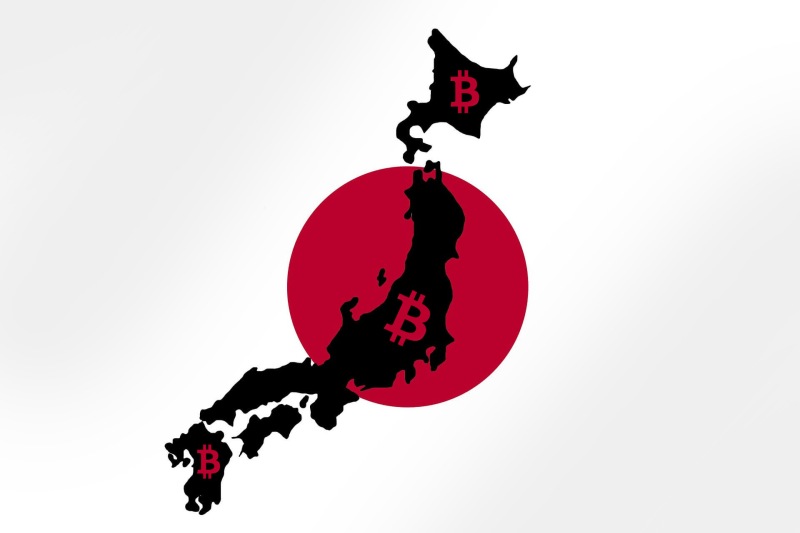
In a bid to tighten the regulatory grip around crypto trading, Japan’s regulatory agencies have approved new rules for digital currency margin trading.
According to a March 18 Nikkei report, the Cabinet of Japan last Friday approved draft amendments to Japan’s financial instruments and payment services laws. The new regulatory rules would cap leverage in digital currency margin trading at two to four times initial deposits – inline with the set standards in foreign exchange trading.
With the new guidelines, the regulators also mandated the crypto exchanges offering margin trading to obtain a new crypto-focused registration license.
The new set of rules will come into effect in April 2020, and the exchanges offering margin trading services would have to register themselves within 18 months from that date. According to the report, this time limit will allow the Financial Services Agency (FSA) to crack down on unregistered “quasi-operators.”
Japan mandated the registration of crypto exchanges amid the Coincheck hack in early 2018. However, many digital asset businesses including LastRoots and Rakuten Wallet are still operating in the country without obtaining a registration license.
“We intend to motivate operators to do what they can to become registered,” an FSA official told Nikkei.
Categorizing the Businesses
In addition, the new guidelines also divided crypto operators into various categories according to their offered services – the one offering margin trading from the businesses that issue tokens in initial coin offering (ICO).
With this categorization, regulators are attempting to protect investors from getting trapped in Ponzi schemes. They are also hoping that legitimizing the industry will attract more and more players towards the fundraising techniques.
Earlier this year, reports surfaced that the country’s financial watchdog is considering to regulate unregistered companies providing cryptocurrency investment services. Over the years, Japan also saw a ten-fold jump in crypto-related money laundering cases between April and December 2017.
(Photo: FortuneZ)

